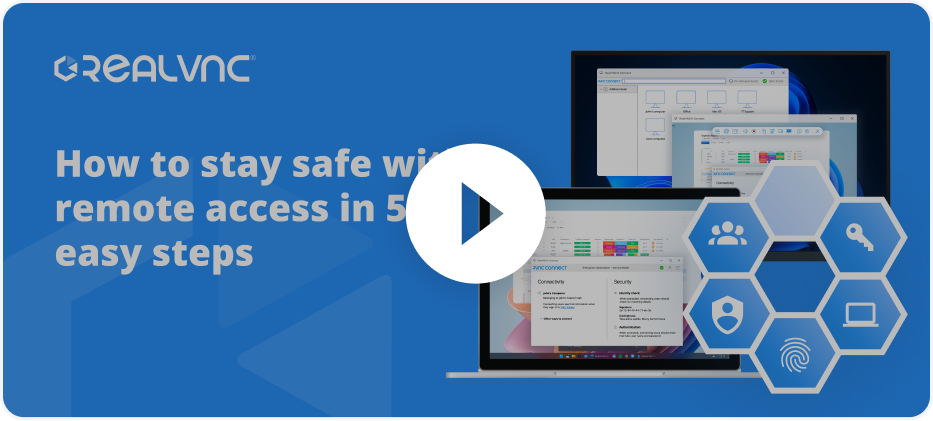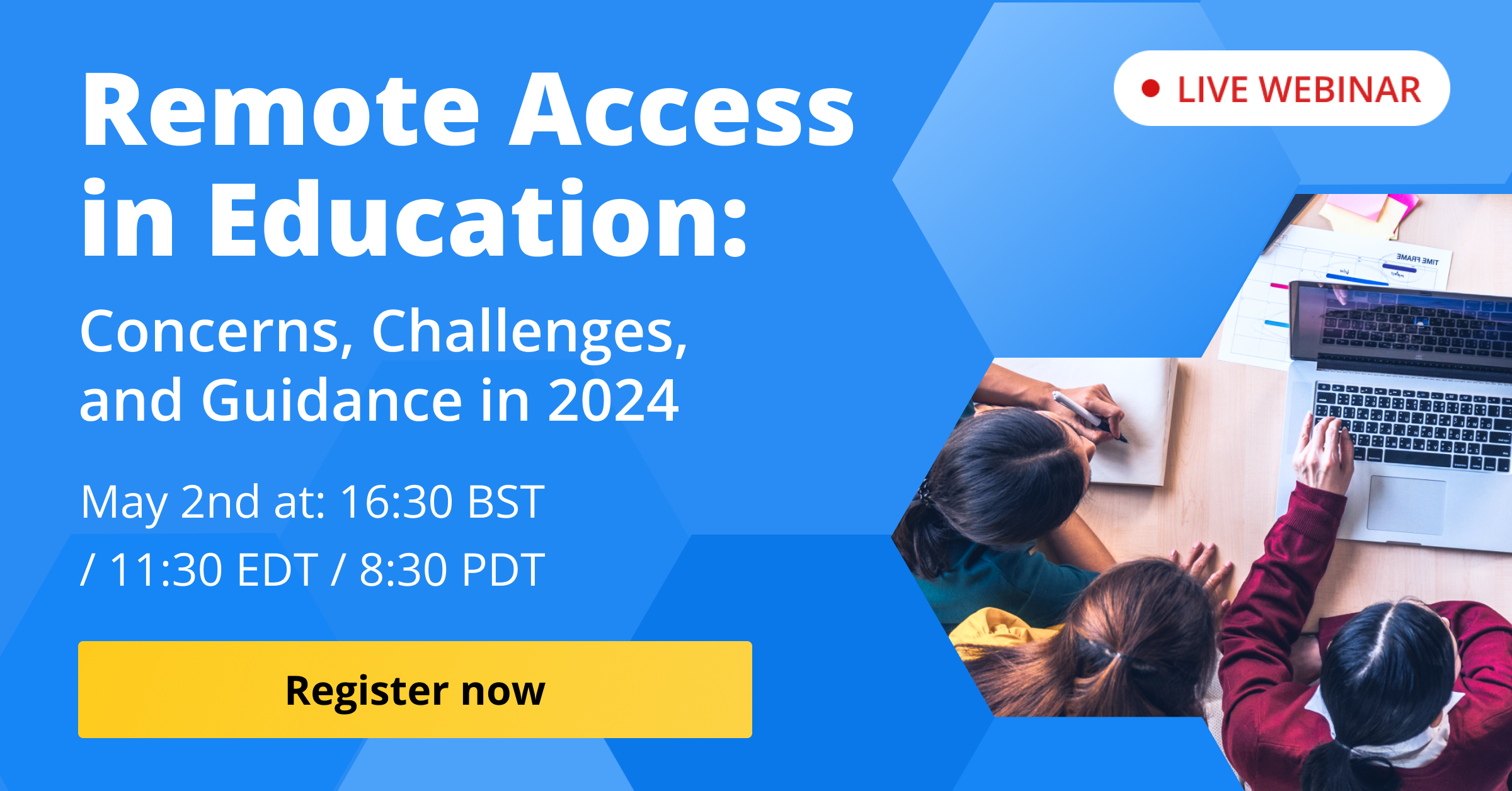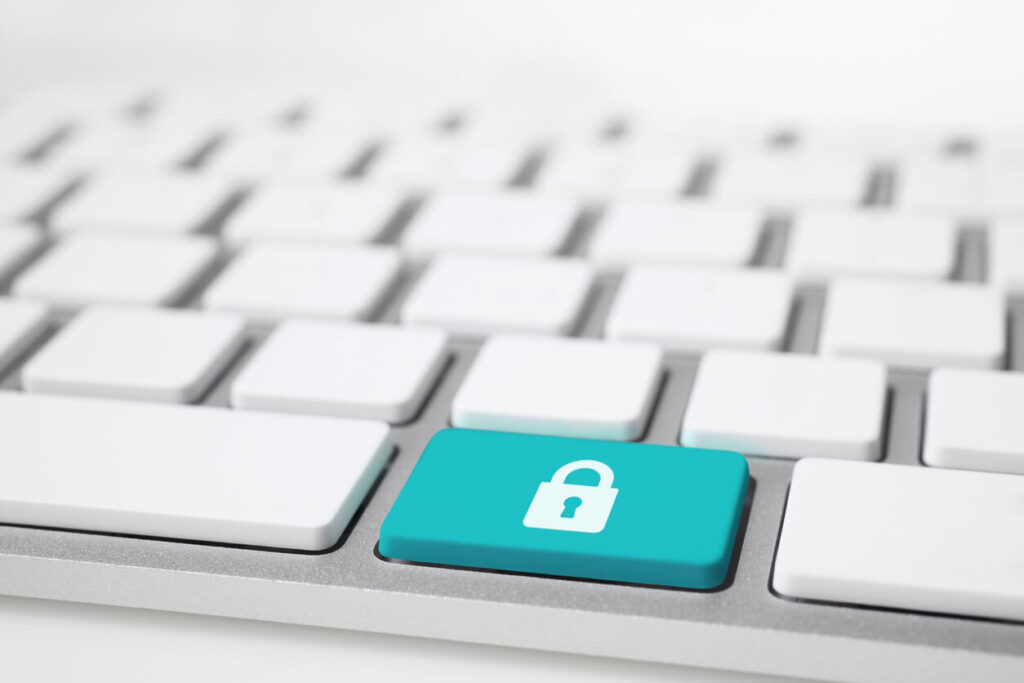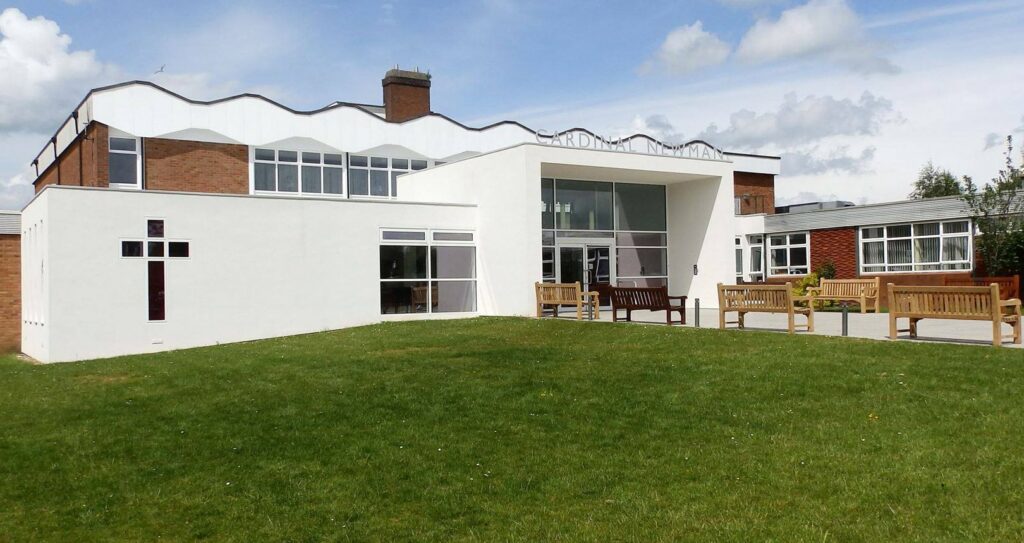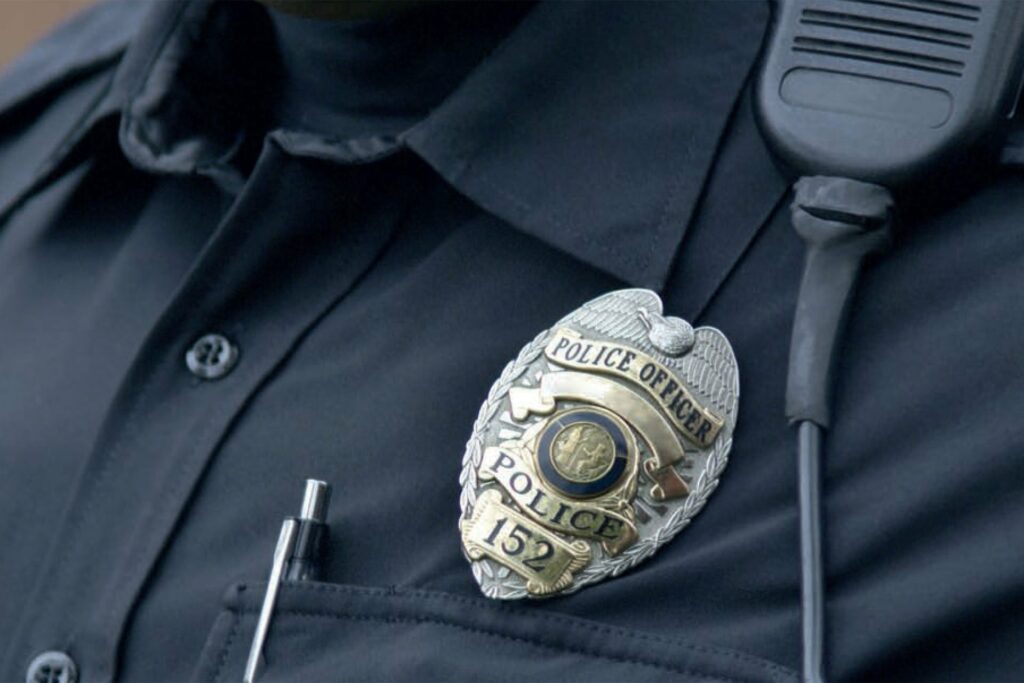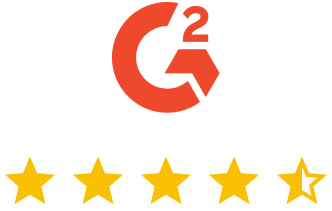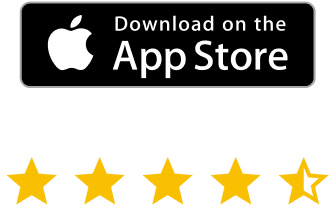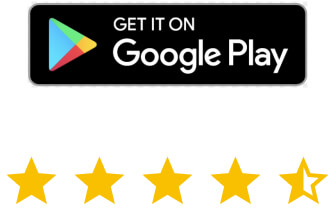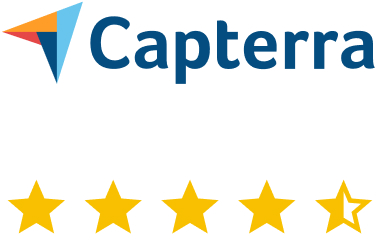In this blog, I will share some top insights discussed in the “How to stay safe with remote access in 5 easy steps” webinar from our in-house experts, Andrew Woodhouse, RealVNC’s Chief Information Officer, and Ben May, Head of Cyber security. Keep in mind that the webinar explains all the advice below in more depth, so this is an excellent support guide to ensuring your organization safeguards against unwarranted access.
You can find a link that allows you to watch the entire webinar at the end of this article.
Security is at the heart of everything RealVNC does. What does that mean? In short, we involve security considerations right at the beginning of our development processes, which we explain in this post.
We have four strong security principles we adhere to:
- You don’t have to trust RealVNC as a company to trust our software and services.
- We do not record your sessions, and data cannot be decrypted now or in the future.
- Every connection is treated as though it is made in a hostile environment.
- The owner of the remote computer ultimately decides who can connect.
Helping companies use the power of remote access for good is a crucial message we want to advocate, and the four pillars above help us assure that the keys always remain in your hand.
Five important considerations to keep you safe when using remote access
- Ask your vendor for proof of encryption and security, not just words.
- Humans are usually the weakest link in the authentication chain.
- Cloud-brokered connections are a better idea if the network is not private.
- Policies are not just boring documents.
- Choose a remote access vendor that puts its money where its mouth is security-wise.
#1. Ask your vendor for proof of encryption and security, not just words.
A remote access solution should be secure out of the box. Your vendor must be able to tell you precisely what’s encrypted and who holds the keys. Simply throwing buzzwords like “military-grade” around should make you ponder, “what does that actually mean?!”.
#2. Humans are usually the weakest link in the authentication chain
You need to know exactly what authentication methods your remote access provider offers and what it does to keep you secure. According to the Verizon report, 82% of data breaches occur from human errors. It validates the importance of enforcing internal security protocols, such as using strong passwords or password managers. The layering of authentication helps mitigate the risk of people being… human.
Multi-factor authentication (MFA) is also a powerful option, and we can give you at least three reasons why MFA needs to be an essential part of your remote access strategy. Always remember that the user needs to be the one that ultimately decides who should be able to connect.
#3. Cloud-brokered connections are a better idea if the network is not private
Not on a private network? If so, it’s better to use a cloud-brokered connection rather than a direct one. Direct connections are great for other environments, for example, when you don’t want data to leave your network.
However, using a cloud-brokered connection means you don’t risk exposing ports and data directly to the internet. Some services allow searching for exposed machine data (like RDP ports). The last thing your organization wants is your machines to make it onto one of them.
#4. Policies are not just boring documents
Make sure that your company’s policies are clear and correctly implemented. A suitable combination of enforced and soft policies can work wonders regarding data security. Make sure they are always up-to-date and reflect the current state of your systems.
#5. Only choose a remote access vendor that puts their money where their mouth is security-wise
We can’t stress this one enough. Your remote access solution vendor (and any software that claims to be secure) must be able to back claims. To do this, they need to be able to exercise transparency and show you a comprehensive security audit.
RealVNC has recently opened our doors to a white-box penetration test by Berlin-based security consultancy Cure53 – you can see a summary of the results here.
Watch the “How to stay safe with remote access in 5 easy steps” webinar here!
These are just a few takeaways from all the essential information in our “How to stay safe with remote access in 5 easy steps” webinar.
Don’t worry, though! You can watch the complete webinar, including answers to questions from viewers, at this link.
